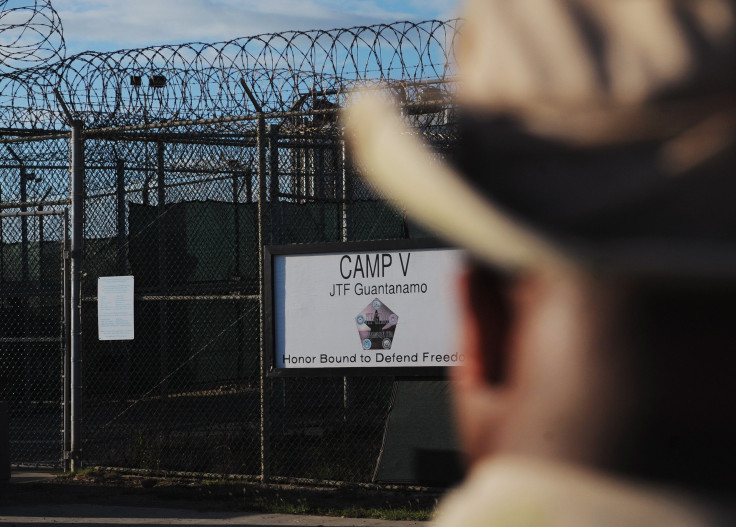Guantanamo Bay Torture Report: Detention Details For Abu Zubaydah Will Not Be Released, US Says

U.S. officials have denied a defense attorney's request to release 116 pages worth of lawyers’ notes detailing the torture alleged by a Guantanamo Bay detainee who has been held at the detention facility in Cuba for nine years without trial, Reuters reported Friday. Abu Zubayda was reportedly waterboarded at least 83 times in a single month.
“We submitted 116 pages in 10 separate submissions,” Joe Margulies, Zubaydah’s lead attorney, told Reuters. “The government declared all of it classified.”
The decision showed that President Barack Obama’s administration has decided to keep detainees’ accounts of their torture classified, according to Margulies. He also said that the 116 pages he submitted for clearance focused only on Zubaydah’s description of his torture and did not include any prohibited information.
Margulies accused the CIA of trying to “guarantee that Abu Zubaydah never discloses what was done to him.”
Zubaydah, a 44-year-old Saudi national, was believed to have been a high-ranking member of al Qaeda. The information gathered during his detention was used by the Bush administration to justify their use of “enhanced interrogation” methods. More recently, however, some have brought into question whether his role in the al Qaeda leadership was overstated.
US torture regime: "to put out or destroy an eye” was legal so long as no intent to cause severe pain http://t.co/YZzrIaAcbC ht @nxthompson
— Arjun Sethi (@arjunsethi81) July 13, 2015
The release of information related to the treatment of detainees has been a matter of controversy in recent years. Following the release of a U.S. Senate report on CIA torture late last year, rules on classified materials were loosened, as the government agreed to release 27 pages of lawyer notes related to the case of Majid Khan, a detainee turned government witness. Khan later said that his torture went well beyond the information made available in the 27-page report.
Khan, who grew up in Maryland, said he was repeatedly sexually assaulted, as interrogators poured ice on his genitals, filmed him naked and threatened to beat him. He was also kept in isolation and total darkness for long periods of time and hung naked from a wooden beam for three days.
"The CIA has apparently changed its mind about allowing detainees to talk about their torture," Wells Dixon, Khan’s lawyer, told Reuters.
CIA and White House officials initially objected to easing the classification on information but ultimately agreed to loosen their rules on the release of “general allegations of torture.”
© Copyright IBTimes 2024. All rights reserved.












